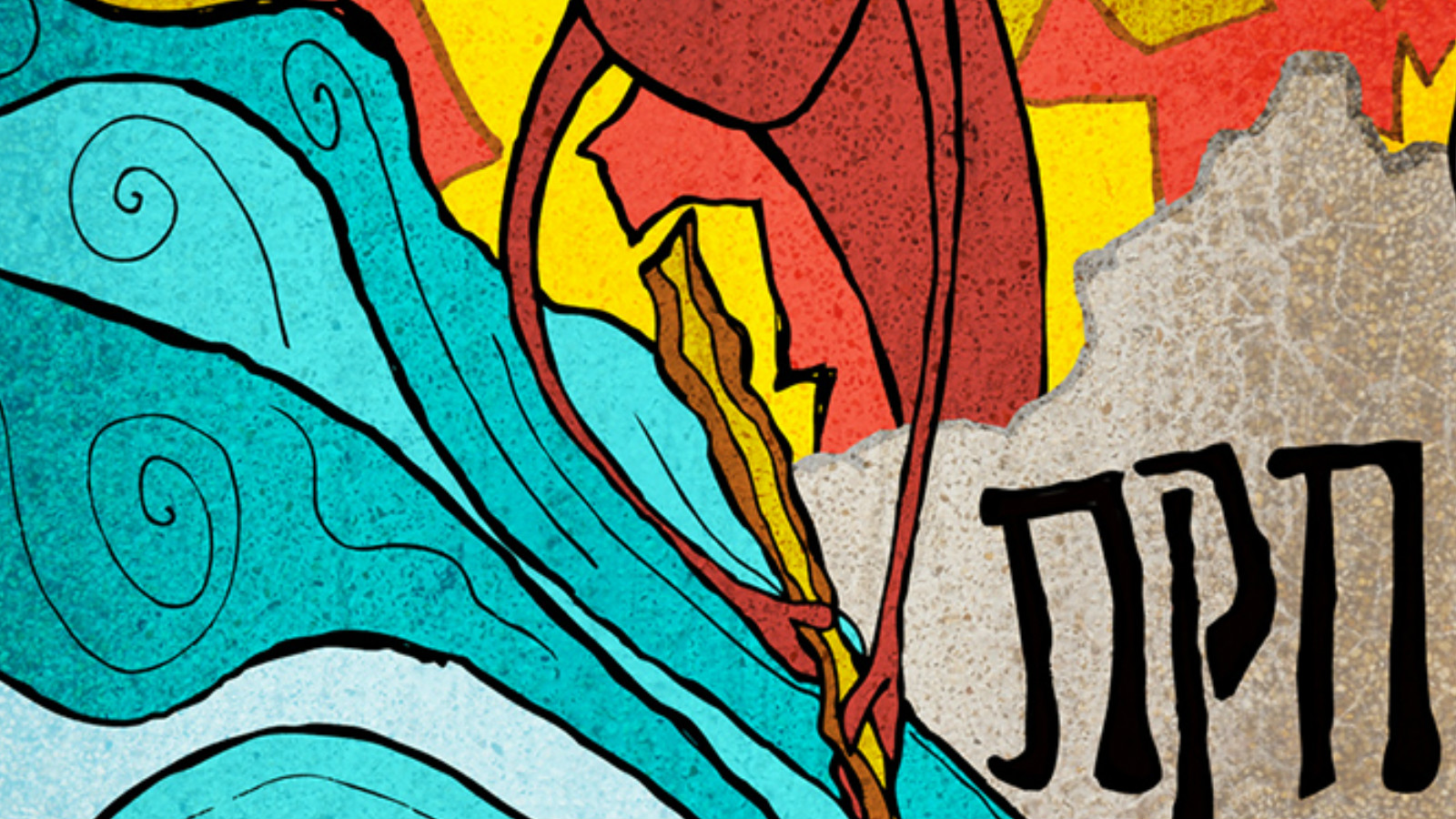Next Reading
Torah Reading
Numbers 19:1 - 25:9
Haftarah
Micah 5:6 - 6:8
In this Torah portion, God instructs Moses and Aaron regarding the red heifer. Miriam, who is the sister of Moses and Aaron, dies. Moses hits a rock to bring forth water rather than speaking to it. At the end Chukat, Aaron dies.
In Balak, the king of Moab, asks Balaam to curse the Israelites after he sees them defeat various nations in battle. Balaam’s donkey sees an angel of God and refuses to move any further. Balaam hits the donkey. God speaks through the mouth of the donkey to tell him not to curse the Israelites. Instead of cursing the Israelites, Balaam blesses them.
Featured Commentary
The Lost Years
The meaning, relationships and transformations that individuals and a nation make in-between milestones.
